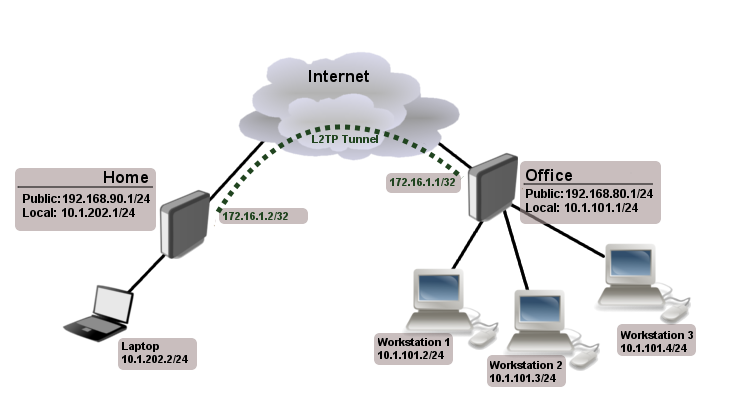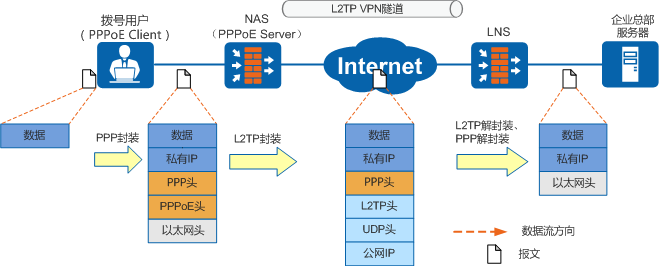
In tech-terms, the creation of the L2TP protocol means the combination of Cisco L2F and the Microsoft PPTP protocols. This might sound like a bit of extra hard work and is known to lessen speeds, but the security it can provide (in WiFi-powered internet sessions for instance) is priceless. Upon receiving the data, the server will demultiplex the L2TP packets. The implementation of the L2TP VPN means that each data packet being transmitted will be subjected to an L2TP header. A traditionally functioning PPP will present a scenario in which data packets will be vulnerable during transmission from the client to the server (and vice-versa). The L2TP VPN essentially buffs up the PPP VPN. Here’s my list of popular VPNs that offer the L2TP protocol: Don’t worry though, I’ve got you covered. However, since you’re here reading my blog, you have no idea which one to choose. To be honest, all premium VPN providers offer L2TP/IPSec protocol. But which one to choose? Well, in today’s guide, I’m going to list down the 5 best L2TP VPNs for 2022. So now that we have gotten that out of the way, there are plenty of VPN providers that offer L2TP protocol. The L2TP/IPSec combination is powerful enough that it can be used to prevent man-in-the-middle attacks and for data authentication.

However, when paired together, the L2TP/IPSec protocol can be considered the second-best VPN protocol just after OpenVPN. This is why L2TP is paired with IPsec to offer any sort of protection.


That’s because L2TP on its own offers no encryption. That being said, it is not the safest VPN protocol out there. Though it is not as secure as OpenVPN, however, the fact that it can be configured to work on almost all internet-connected devices makes it really popular. L2TP is a mainstream tunneling protocol that’s used by almost VPN providers nowadays.


 0 kommentar(er)
0 kommentar(er)
